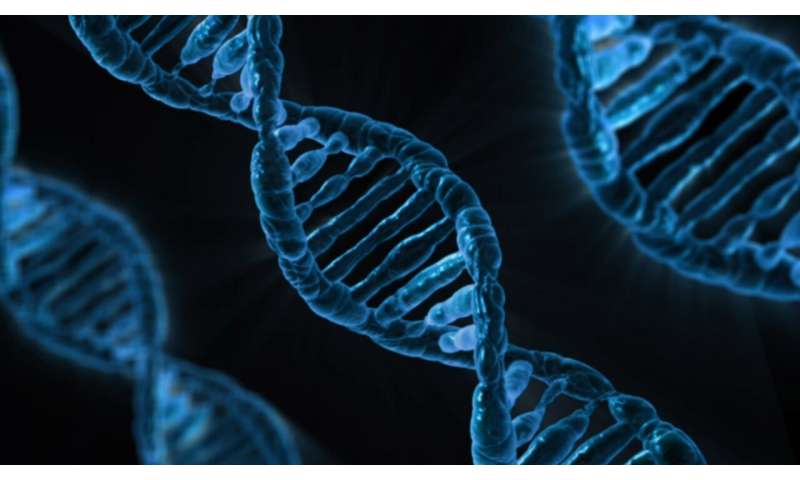

In a radical new approach to treat cocaine addition, researchers at the Mayo Clinic are seeking approval for first-in-human studies of a single-dose gene therapy. To support the safety and efficacy of this approach they have demonstrated the successful delivery of a gene coding for an enzyme that metabolizes cocaine into harmless byproducts in mice. The study is published in Human Gene Therapy.
Stephen Brimijoin and colleagues from Mayo Clinic, Rochester, MN, coauthored the article entitled “Systemic Safety of a Recombinant AAV8 Vector for Human Cocaine Hydrolase Gene Therapy: A Good Laboratory Practice Preclinical Study in Mice.” In advance of filing for an Investigational New Drug Application with the U.S. Food and Drug Administration, which would allow for human testing, the researchers needed to show the systemic safety of their recombinant adeno-associated viral (AAV) 8 vector, which targets its therapeutic gene payload to the liver. They showed a total lack of viral vector-related adverse effects in both cocaine-experienced and cocaine-naïve mice at different doses. In fact, mice who received the gene therapy followed by daily cocaine injections had much less tissue pathology than those mice who received daily cocaine injections but did not have the gene therapy.
Source: Read Full Article